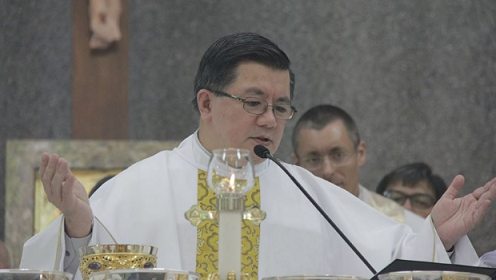Palm Sunday - Year C
Isaiah 50: 4-7; Philippians 2:6-11; Gospel of Luke 22:14-23:56
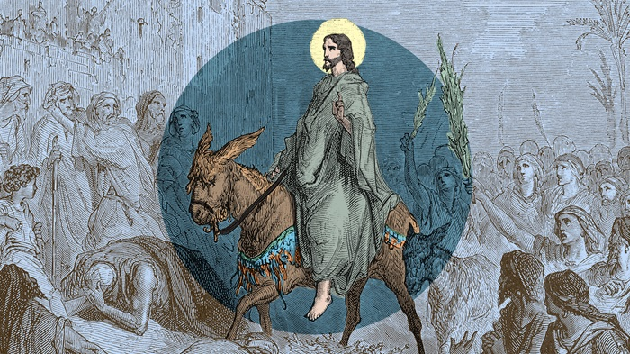
Preached by Msgr Philip Heng, SJ at Cathedral of Good Shepherd, Singapore on 14 April 2019
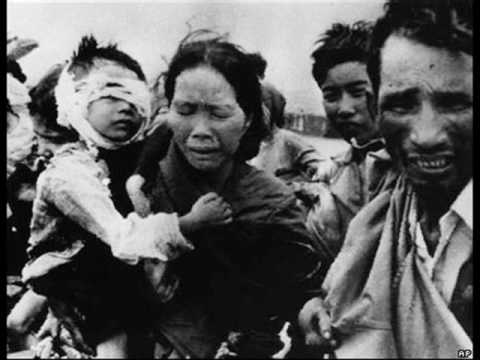 “Human Suffering” is the most basic and common experiences of life. We experience “suffering” every day and as part of life. We suffer when we fall and sprain or fracture our arm, we suffer when we eat the wrong food and get stomach aches. For some of us our sufferings are deeper and more serious: we suffer from depressions, fears and pain from family, financial needs, exploitation at work, illness and the like.
“Human Suffering” is the most basic and common experiences of life. We experience “suffering” every day and as part of life. We suffer when we fall and sprain or fracture our arm, we suffer when we eat the wrong food and get stomach aches. For some of us our sufferings are deeper and more serious: we suffer from depressions, fears and pain from family, financial needs, exploitation at work, illness and the like.
Suffering is a very complex and multi-layered experience, that all human beings, including Jesus Himself are not spared from and do not wish to have. For Jesus in the Garden of Olives, when he foresaw the Suffering and Death that was to come upon Him, He prayed, “Father, if possible remove this cup.”
The meaning of “suffering” can only begin to make sense, if we situate our pain and suffering in the light of “love”. For it is only in the context of “love” can “suffering” begin to make good sense. When a doctor tells us that a tooth that is badly decayed and infected, or we need to amputate our leg to prevent gangrene from spreading to the upper parts of our body, we know that such advice is to prevent us from further harm to our bodies. And so, when we agree with the doctor’s advice, we are actually making a decision out of the love we have for ourselves.
On a deeper level, if an exhausted mother were to say to herself, “I will take on the third cleaning job, because I have to feed my hungry children, she is actually saying, “the sacrifices I am making is my way of loving my children. And so, when I feel so very tired, and go to work when I am sick, I do so willingly because I love my children.”
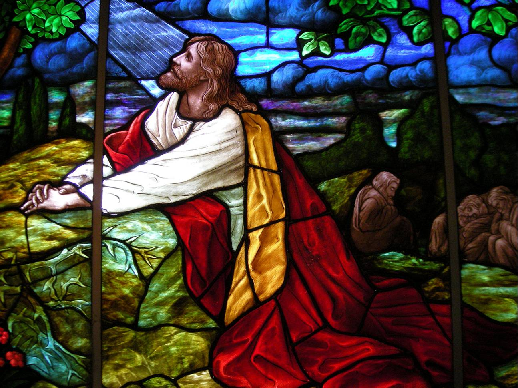 Human love is deeper than human suffering. In fact, for this mother of our illustration, there is actually “no suffering”. For this mother, her “pain” is not so much a “suffering”, but a sacrificial love that she embraces with great dignity; even if her work entails cleaning or some job that other people may find to be demeaning and repulsive like clearing of rubbish, cleaning public drains and sewerage. There are millions of striking examples of sacrificial love all over the world. We all know that mothers, fathers, siblings leave their countries and work as domestic helpers, construction workers and offer their skills and services to serve and build other nations because their own country do not offer them such job opportunities.
Human love is deeper than human suffering. In fact, for this mother of our illustration, there is actually “no suffering”. For this mother, her “pain” is not so much a “suffering”, but a sacrificial love that she embraces with great dignity; even if her work entails cleaning or some job that other people may find to be demeaning and repulsive like clearing of rubbish, cleaning public drains and sewerage. There are millions of striking examples of sacrificial love all over the world. We all know that mothers, fathers, siblings leave their countries and work as domestic helpers, construction workers and offer their skills and services to serve and build other nations because their own country do not offer them such job opportunities.
As such, out of love for their families, they expose themselves to exploitation, abuse and other dangers of life, just because the love they have for their loved ones are deeper and greater than the protective care they have for themselves.
My brothers and sisters in Christ, there is an even deeper love. In fact, the deepest of all love: God’s Love for us all. The proclamation of the Passion of Jesus in St Luke’s Gospel that we all just participated in is already in itself is a powerful “engagement” in the Sacrificial Love and Suffering that Jesus experienced. I was tempted to justify that since today’s readings of the Passion are lengthy, there is no need to preach a homily. However, the Spirit within my heart reminded me not to justify and choose the easy way out.
The sacrifice needed to prepare this homily is so small, that if I should give in to the temptation, then I should then be guilty of the shame of the sin of omission; more so when we are entering the Holy Week of the Passion of Jesus. Are there similar temptations that you too are experiencing like, not willing to make the small sacrifices that are needed in the home, or to participate in the many spiritual programmes that are offered during Holy Week?
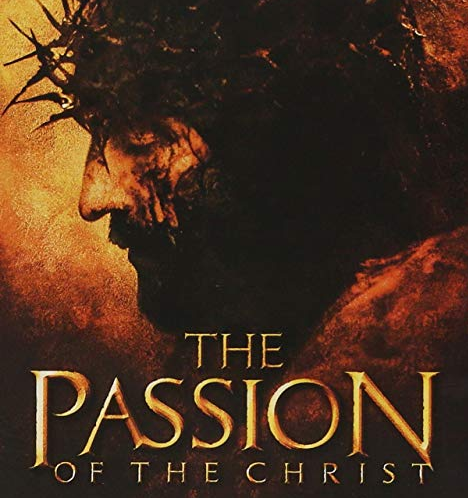 When Jesus prayed, “Father, if possible remove this cup, but let Your Will be done, not mine,” Jesus is showing us that as He is fully human and like us, He too does not wish to endure pain and suffering. Nevertheless, in His deep love for His Father, and thus His Obedience to His Father’s Will, that is of utmost importance, Jesus freely and willingly embraced the Suffering and Death that is to come to Him.
When Jesus prayed, “Father, if possible remove this cup, but let Your Will be done, not mine,” Jesus is showing us that as He is fully human and like us, He too does not wish to endure pain and suffering. Nevertheless, in His deep love for His Father, and thus His Obedience to His Father’s Will, that is of utmost importance, Jesus freely and willingly embraced the Suffering and Death that is to come to Him.
And as such, as in today’s Passion proclamation, Jesus entered Jerusalem, even though He knew very well that He will suffer public condemnation, mockery and the brutal and cruel tortures of the Romans. These evil plots were the demands of the Jewish authorities, to Crucify Jesus shamefully as a criminal for blasphemy, when He proclaimed that He is the Son of God; and offered the Good News of Salvation to all peoples.
My sisters and brothers in Christ, as we begin Holy Week let us open our hearts and minds to the special graces that God wants to give to you and to me. Let us not allow the Passion events of Jesus’ Sacrificial Love and Mercy, to pass us by, without allowing the divine Mercy to penetrate our hearts and move us into knowing, loving, and experiencing how much Jesus has Suffered for our sake and Salvation.
And so, as I sum up and conclude, let us first be reminded that human suffering makes sense only in the light of the larger and deeper context of love. Such love could be the protective love of our self, or the love that moves a person like a migrant to embrace the self-sacrificial love for the sake of their family, and the like.
Let us also beg God for the graces we need to experience the deepest of all love which no persons and nothing in this world can offer and give. And this deepest love that can lasts for all eternity is none other than God’s Love and Mercy for us, as shown in Jesus’ Sacrificial Love for all of mankind through His Suffering and Death.
Let us then pray fervently that during this Holy Week, our minds be enlightened and our hearts be moved more deeply to become more like Jesus, whose Sacrificial and Merciful Love is always total and unconditional.
Msgr Philip Heng, S.J.
